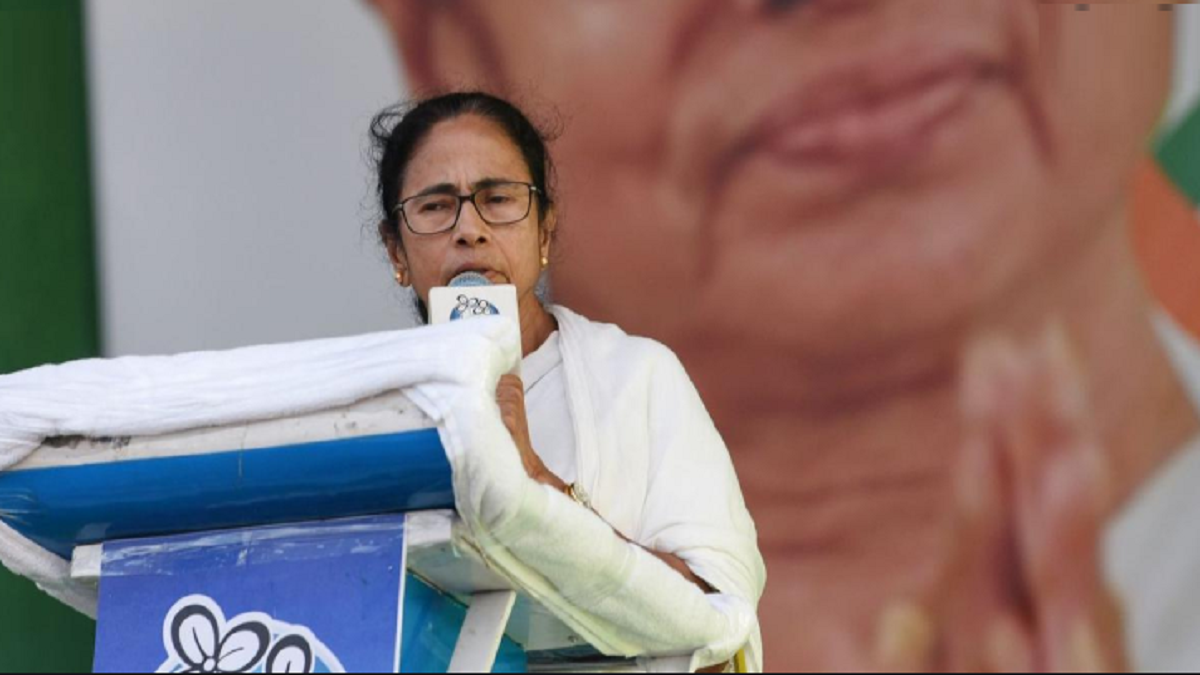


As the elections to next year’s West Bengal Assembly approach, the situation in the state is becoming increasingly volatile. With the 2021 elections expected to be keenly contested between the ruling Trinamool Congress and main rival Bharatiya Janata Party, it’s looking like that the state is hurtling down a perilously violent path. The rest of the country got a glimpse of the ground situation last week when the convoy of BJP national president J.P. Nadda was attacked by unnamed criminals. An attack on the national president of the country’s largest political party, a party that is in power at the Centre, would have been unimaginable in any other state, but this is Bengal, and it would not be an exaggeration to say that in the “Wild East” of India, anything is possible. However, the argument that political violence is in the DNA of Bengal cannot justify such incidents. And now, if the state government refuses to send to the Centre the senior officers responsible for the security of the convoy—as has been sought by the Ministry of Home Affairs—by saying that in a “federal structure” law and order is a state subject, then the least that the state should have done was to maintain law and order so that the unsavoury incident did not take place. Moreover, if the police in Bengal want the country to believe that the attack on the BJP president was the handiwork of BJP workers themselves, it is hoped that they will be able to build a watertight case accordingly. As else, such a claim will be seen as a result of political interference and not a fair probe.
However much the rivalry between the two political parties located on the opposite ends of the spectrum, it shouldn’t descend into animosity, and this applies to the leaders as well, not just the cadre. Civility, which is the hallmark of the Indian political class in general, should guide the discourse in the state. Hence, the recent words uttered by the Chief Minister about the BJP national president, and those uttered by the Bengal BJP president about a lady Chief Minister are reprehensible.
It is also not understood why the state should be a no-go area for leaders from the other side of the political divide. Now that the campaign season is upon Bengal, it is hoped that rival politicians from outside of the state will be allowed free movement, unlike the situation in the run-up to the Lok Sabha elections, when hurdles were erected for certain leaders. Another disturbing trend is the attempt to make Bengali subnationalism an electoral issue. How can a state where business or industry is controlled largely by people who are locally known as “non Bengalis”, or a state that is witnessing a huge section of its residents migrating to different parts of the country searching for livelihoods, can have a Bengali vs Outsider debate? As it is the electorate in Bengal is highly polarised, and now this will divide the state even further.
But most importantly, the violence must stop. Too much blood is being shed. Too many lives are being lost. However, no deterioration in law and order can justify a President’s Rule in the state, whatever be the speculation on, and demands for, it. In fact, the state Governor needs to stop pulling up the Chief Minister on social media on every issue possible. His is not a political post and hence he should stop making comments that can be construed as such. Lastly, it is hoped that an impartial probe will be conducted into the attack on J.P. Nadda’s convoy. As it is Bengal’s name has become mud because of the attack. The least that can be done now is to probe the incident impartially so that the culprits can be brought to book.